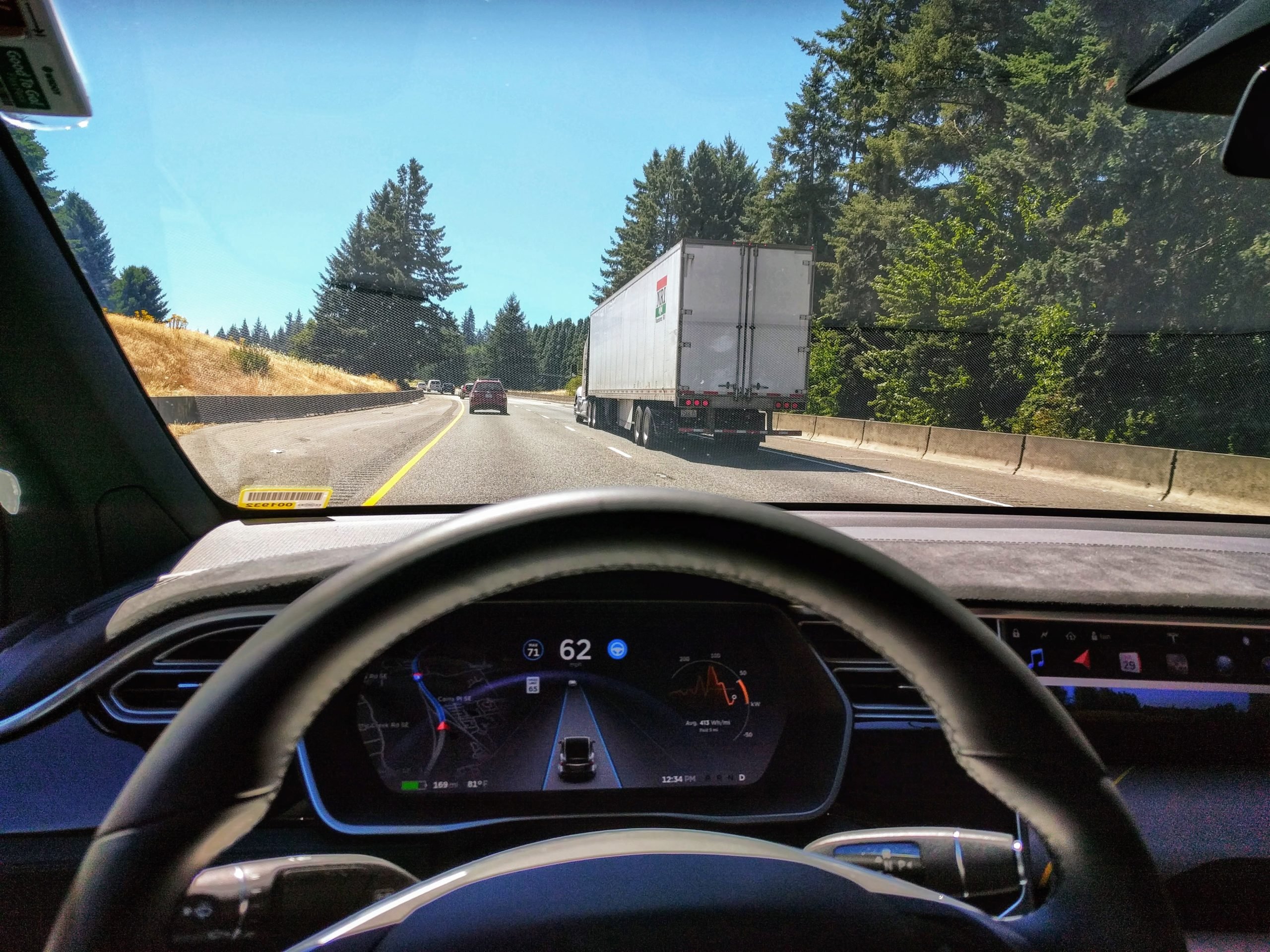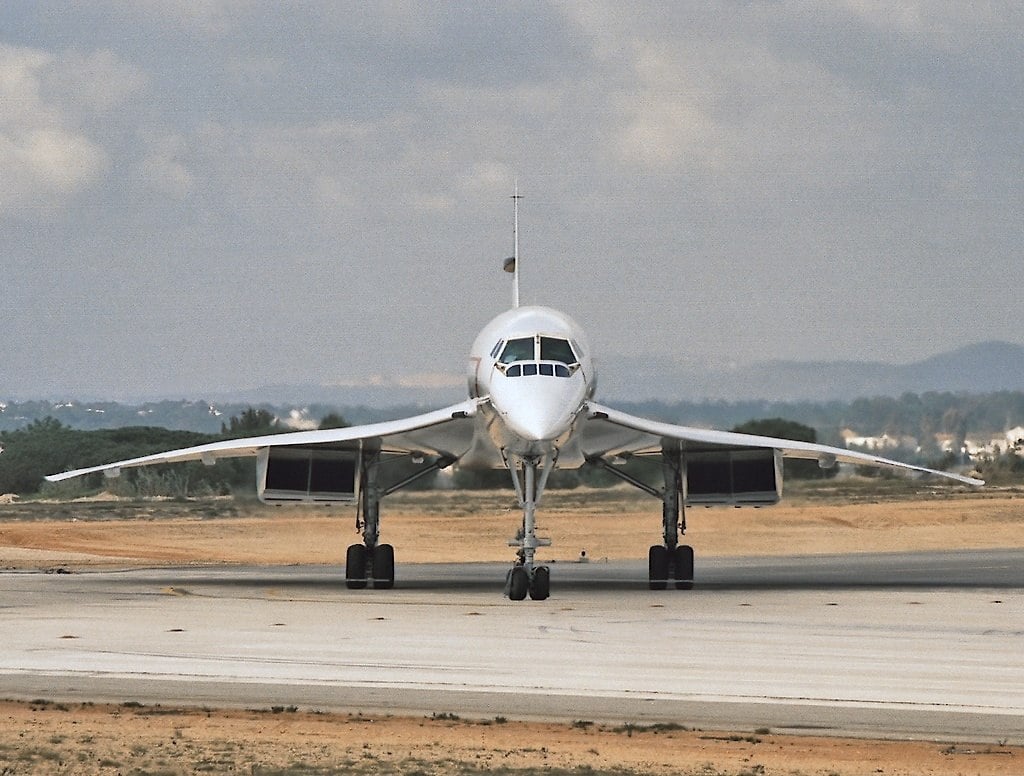Antifreeze fish inspire new cryoprotectants for human cells and tissues
The idea of cryogenically freezing a person to preserve their body until many years into the future has long been a staple of science fiction stories. However, the need to reliably store biological materials such as cells or tissue is a common concern for scientific research and, increasingly, for society too. Whether it’s the dark, … Read more






